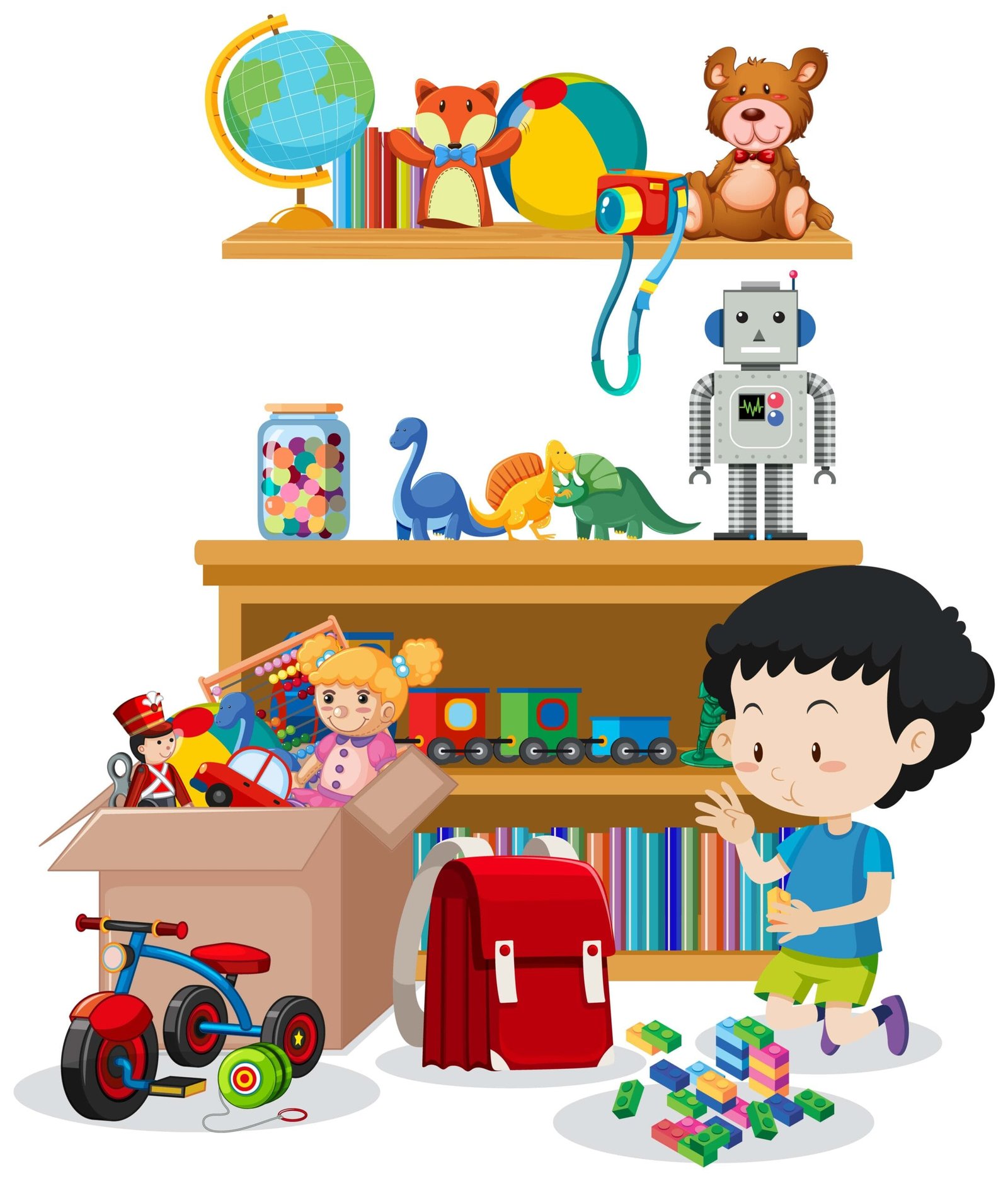If there is a toddler in the house, you’re likely familiar with the never-ending string of “why” questions. From the moment they learn to speak, toddlers seem to embark on a quest for knowledge, armed with the powerful word- “why.” In this blog post, we’ll delve into the curious questions of toddlers and understand the reason behind their inquisitiveness. Certainly, parents need to be equipped with creative ways to encourage these relentless inquiries and not get tired.
“The power of why is that it gives birth to hope.” – Cheryl Richardson
Understanding the Curious Questions of Toddlers

Toddlers are natural explorers, and as soon as they arrive on Earth their curiosity is immediately aroused. Even as newborns they are mini detectives, exploring their environments and stuffing things in their mouth. Indeed, understanding why things work in a certain way, is an integral component of their left-brain development. Their inquisitive nature is a sign of healthy cognitive development. It is famously said, “Curiosity is the engine of intellectual achievement. It propels toddlers to learn about their surroundings, fostering a lifelong love for learning.”
Studies indicate that toddlers tend to ask more frequent questions at home compared to school. The reason behind this theory is- at home children can explore their curiosity without being interrupted, whereas at school, they tend to remain within classroom walls, limiting the opportunities for exploring outside.
Why Do Toddlers Ask “Why”?
Toddlers ask “why” as a way of understanding cause and effect. The curious questions-stage is a crucial phase because toddlers begin to connect actions with results, laying the foundation for logical reasoning.
Research also indicates that children want answers for everything, particularly if something cannot be explained easily or simply cannot be understood by them. Moreover, children will ask their questions again after receiving an inadequate explanation.
Toddlers often bombard their parents with curious questions. Here are five commonly asked questions by these mini detectives:

- “Why is the sky blue?” Toddlers are naturally drawn to the sky and often wonder about its color.
- “Where do babies come from?” This classic question usually arises as toddlers begin to grasp the concept of family and relationships.
- “Why is water wet?” Every child loves water! The sensation of water is intriguing for toddlers, and they may ponder why it feels wet.
- “What do we have to sleep?” Toddlers often throw tantrums for sleeping and the purpose behind.
- “Why is the grass green?” The vibrant color of grass captures a toddler’s attention, prompting questions about why is it soft yet pocky?
Embrace the Curious Questions
Instead of viewing the constant “whys” as a challenge, see them as valuable learning opportunities. Answering children’s inquiries requires parents to be clear and truthful, while also teaching them it is okay not to know all of the answers. Rather than easily saying “I don’t know,” parents should attempt to discover together, either through research or consulting an expert.

Furthermore, parents should avoid being bored or zoning out while their child is asking questions. They may feel discouraged and even revert towards silence. Instead, parents ought to provoke the inquisitive mind and engage in curious questions, turning it into fun lasting memories. Here are some creative ways for parents to navigate the “why” quiz:
- Create a “Why” Jar: Introduce a “why” jar where your toddler can place a token or drawing every time they ask a “why” question. Their questions will be answered one at a time, teaching them patience and increasing their curiosity.
- The “Why” Walks: Take advantage of outdoor activities by turning them into “why” walks. Indeed, nature is the best stimulant for a child’s curiosity, providing endless opportunities for inquiries and discoveries.
- Providing Inquisitive Books: Make bedtime stories more interactive by choosing books that encourage questions. In addition, allow toddlers to lead. When they ask about a book’s story, give them the book and let them turn its pages. This will provide an experience which best fits their learning style and build their confidence in understanding its content.
- Gift Creative Toys: Encourage children to ask questions is through providing toys spark curiosity and exploration. For instance, a car with openable doors or a train with removable roof. Playing with such toys can be very engaging for them while simultaneously developing language and social skills.
- Model Curiosity: Demonstrate a curious mindset by asking questions yourself. Psychologists states that, “Children learn by example. When parents express curiosity, children are more likely to adopt a similar inquisitive attitude.”
Conclusion
The “why” stage is a testing period for parents, but it’s a testament to a child’s natural curiosity and thirst for knowledge. However, parents need to act with patience and turn each “why” into a moment of connection and growth.
Embrace the power of “why” as a tool for learning, exploration, and the boundless joy that comes from understanding the world together. Albert Einstein once said,
“The important thing is not to stop questioning. Curiosity has its own reason for existence.”




